Loveseat
September 29th, 20159/29/2015 Jeb Bush claims that he supported saving wilderness while he was governor (which we who live here know is not true). Instead, he supported those who believe that carving up forests and marshes to build new "developments" (meaning more houses made of tricky tack or McMansions) is a better use of the land because "there's nothing there." But just look and really see and we will recognize that to live a good life we need more not less of what we find in the images here. And this all reminded me of a Gerard Manley Hopkins poem:
O if we but knew what we do When we delve or hew-- Hack and rack the growing green . . . Where we, even where we mean To mend her we end her, When we hew or delve: After-comers cannot guess the beauty been. Ten or twelve, only ten or twelve Strokes of havoc unselve The sweet especial scene . . . Hopkins was mourning the loss of trees, but here in Florida we know it's not only trees that have suffered (and continue to suffer) human delving and hewing. So here are a few images of the beauty lost to build yet another "development": September 26th, 20159/26/2015 Thomas Merton on photography: "Nothing resembles substance less than its shadow. To convey the meaning of something substantial you have to use not a shadow but a sign, not the imitation but the image. The image is a new and different reality, and of course it does not convey an impression of some object, but the mind of the subject and that is something else again." (Italics added.)
Qouted in Robert Waldron September 22nd, 20159/22/2015 This tree stands by itself, draped in Spanish moss, and while not ancient and not a pine, it reminds me of a poem by Issa (translated by Robert Hass)
Not yet become a Buddha, this ancient pine tree, dreaming. September 20th, 20159/20/2015 I went to the Ringling Museum in Sarasota yesterday, and the image below is derived from what I saw there. My point here is made by Chung-ho Yu when he wrote (in part quoting John Berger): "photography is a 'quotation from appearance rather than a translation' because extraction from context provides a discontinuity, which is reflected in the ambiguity of a photograph's meaning." And Time recently ran an article which discussed where photography is going now, and pointed out that it moves further and further from any possible understanding of it as a direct translation of what the photographer (or anyone else) would see if looking at the scene portrayed in the photograph.
September 16th, 20159/16/2015 This morning, as I look out the window, the skies are grey, the trees bend in the wind, the air is cooler: definitely feels like autumn. The cooler temperatures are welcome, but I remember (and feel today) what I used to feel up north at this time of the year--not just a sort of nostalgia, but also mourning and foreboding. For me, autumn has always seemed infected with what follows, so while it may bring "prettiness," it also is a display of decay and dying. NOT my favorite season, to be sure.
September 06th, 20159/6/2015 The St Petersburg pier has been decaying, and now is in its death throes--the city is tearing it down to build something in its place. As the Buddha taught, all is impermanence . . . Merton wrote: "Buddhist meditation, but above all that of Zen, seeks not to explain but to pay attention, to become aware, to be mindful, in other words to develop a certain kind of consciousness that is above and beyond deception by verbal formulas--or by emotional excitement. Deception in what? Deception in its grasp of itself as it really is. Deception due to diversion and distraction from what is right there . . ."
September 04th, 20159/4/2015 Scott County, Missouri: Merton: "I thought--"Nobody ever comes here!" The marvelous quiet! The sweet scent of the (fields)--the clean stream, the peace, the inviolate solitude! And to think that no one pays attention to it. It is there and we despise it, and we never taste anything like it with our fuss and our books . . . " (Modified by CN) "a group of passing monks . . . walk on, I wonder at them, their lightness, their lack of need . . . They have shed what others shed in dying. They will leave nothing material behind them to be divided, claimed or loved . . . I . . . wonder . . . what it would be in the West to step outside the chain of bequeathal and inheritance, as they do, until human artefacts mean nothing at all." Colin Thubron, "To a mountain in Tibet" September 03rd, 20159/3/2015 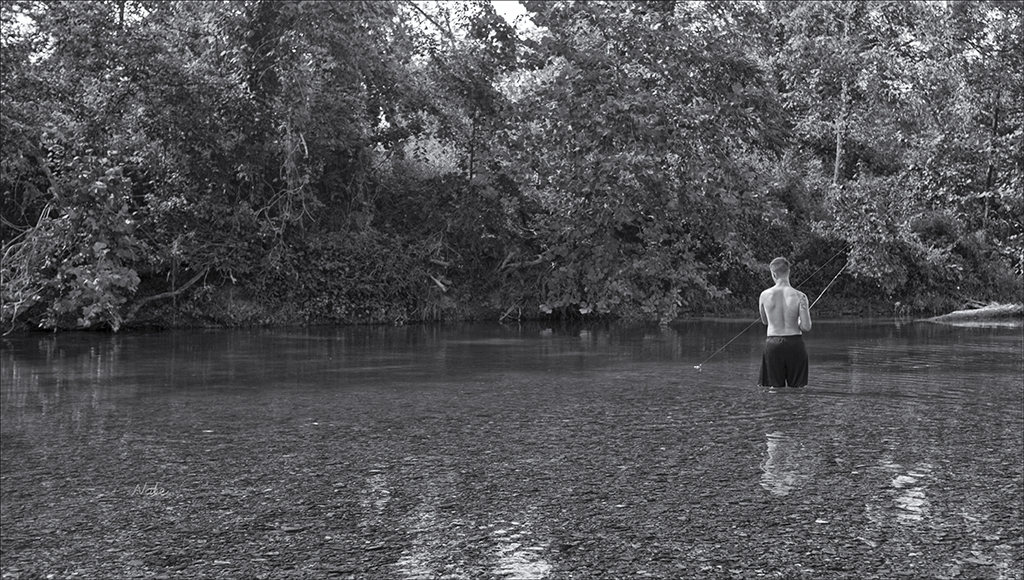 I was away for a week, so I haven't posted. The image is from my time away--in Missouri by the Castor river. Then, this morning, I ran across this from Merton; somehow it fits better with my time away than with being back in "civilization," with its politics, its "lostness": "The great sin, the source of all other sin, is idolatry and never has it been greater, more prevalent, than now. Yet it is almost completely unrecognized precisely because it is so overwhelming and so total. It takes in everything. There is nothing else left. Fetishism of power, machines, possessions, medicines, sports, clothes, etc., all kept going by greed for money and power." Categories |
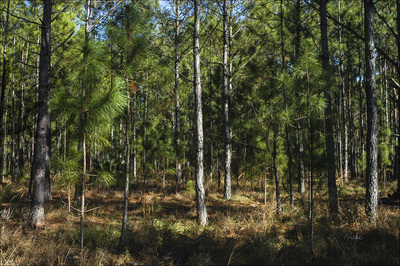
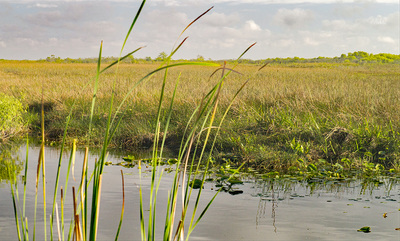
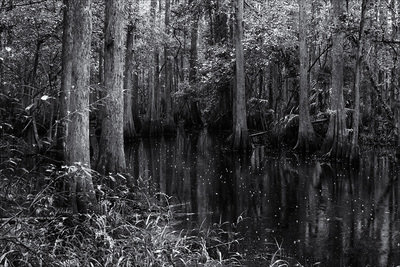
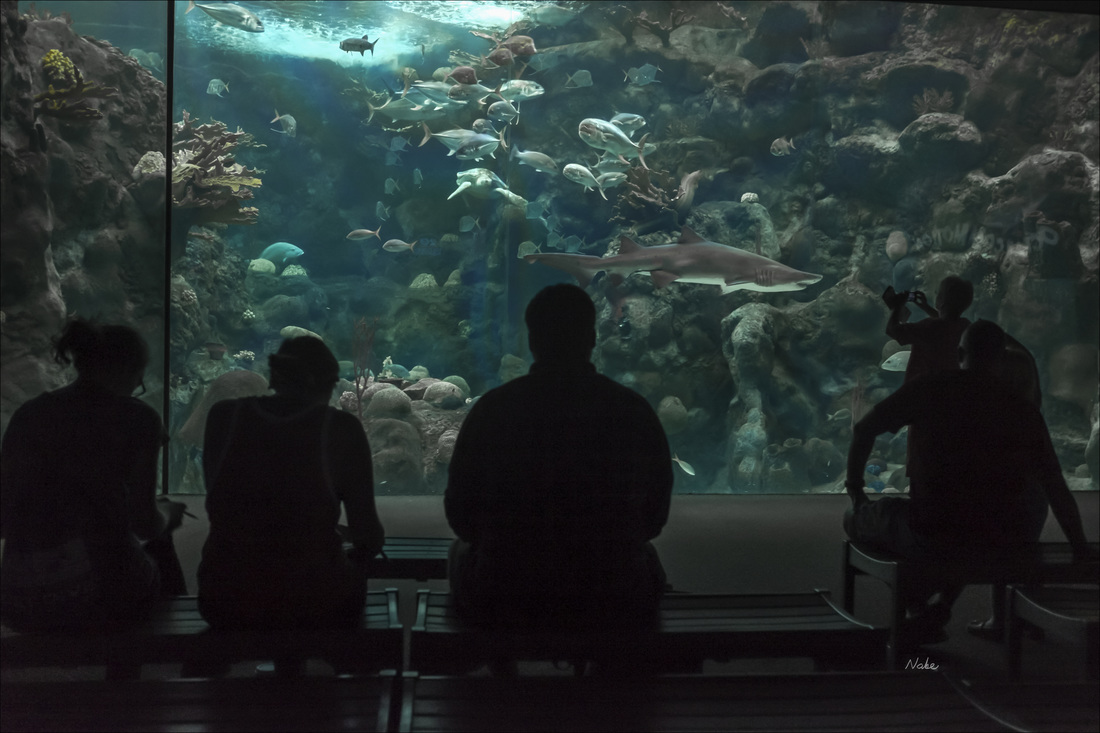
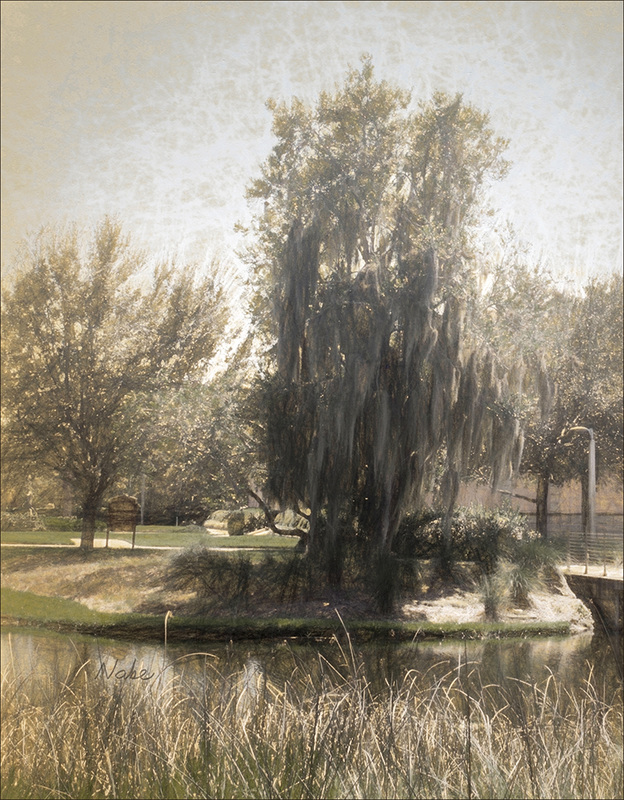
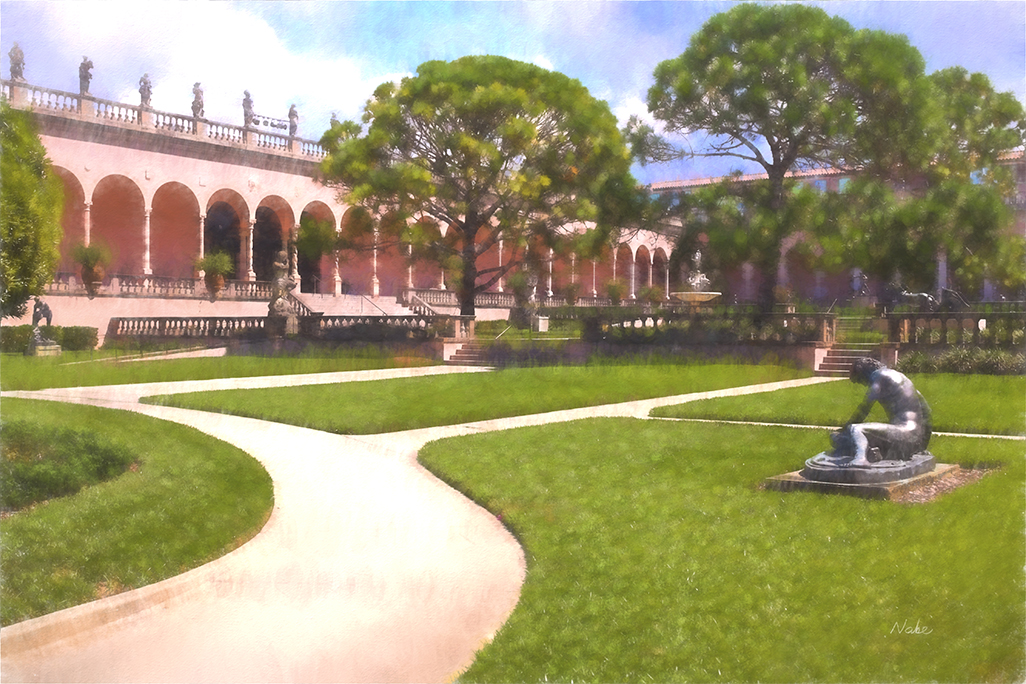
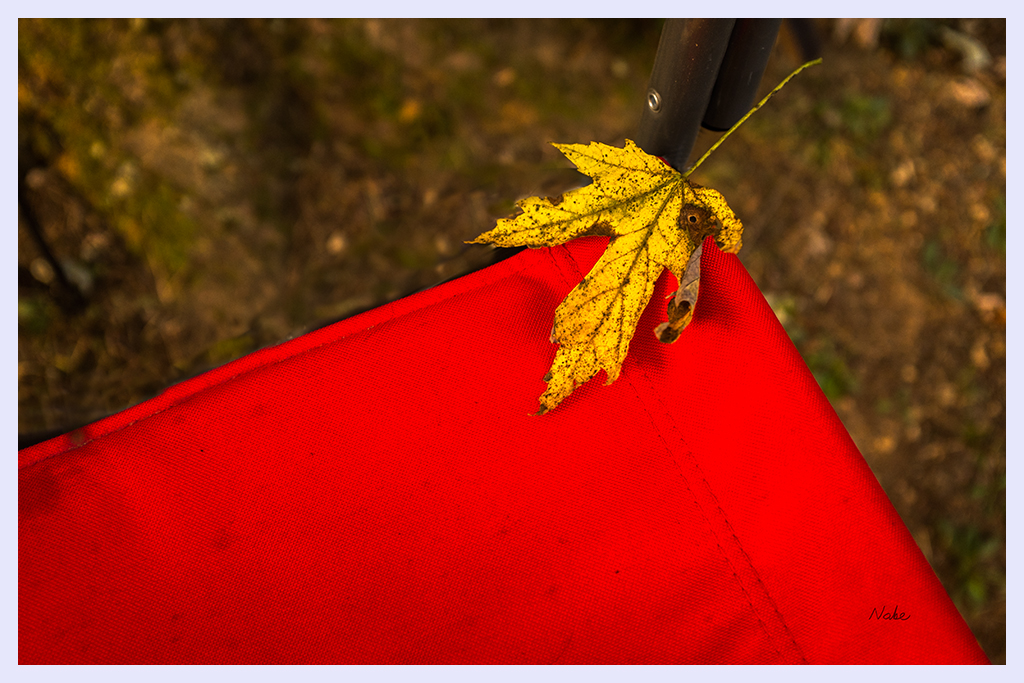
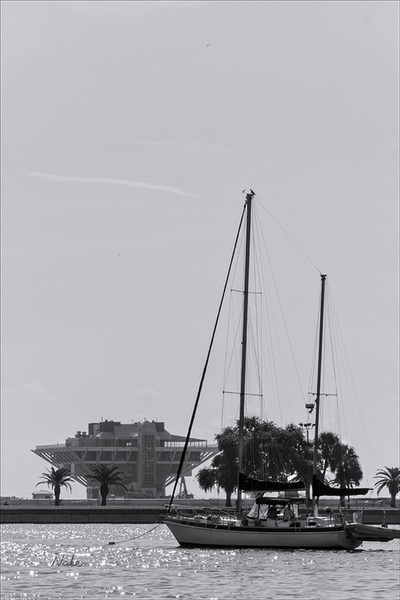
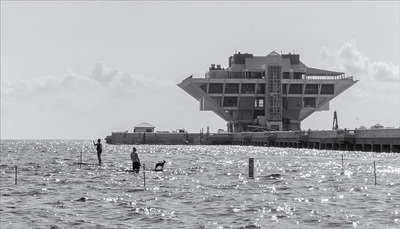
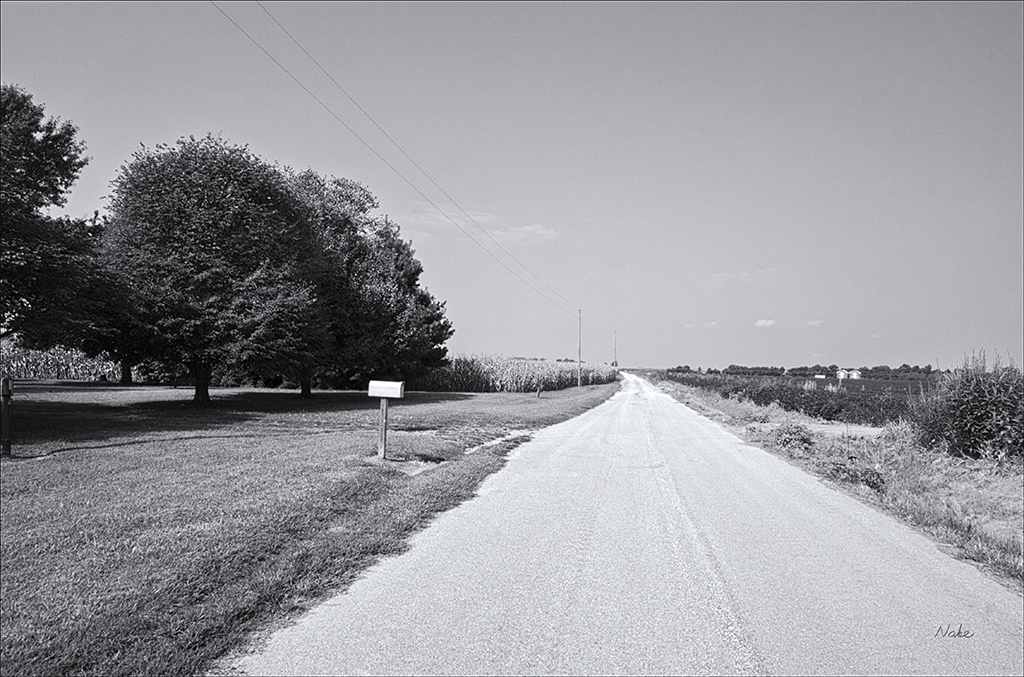
 RSS Feed
RSS Feed